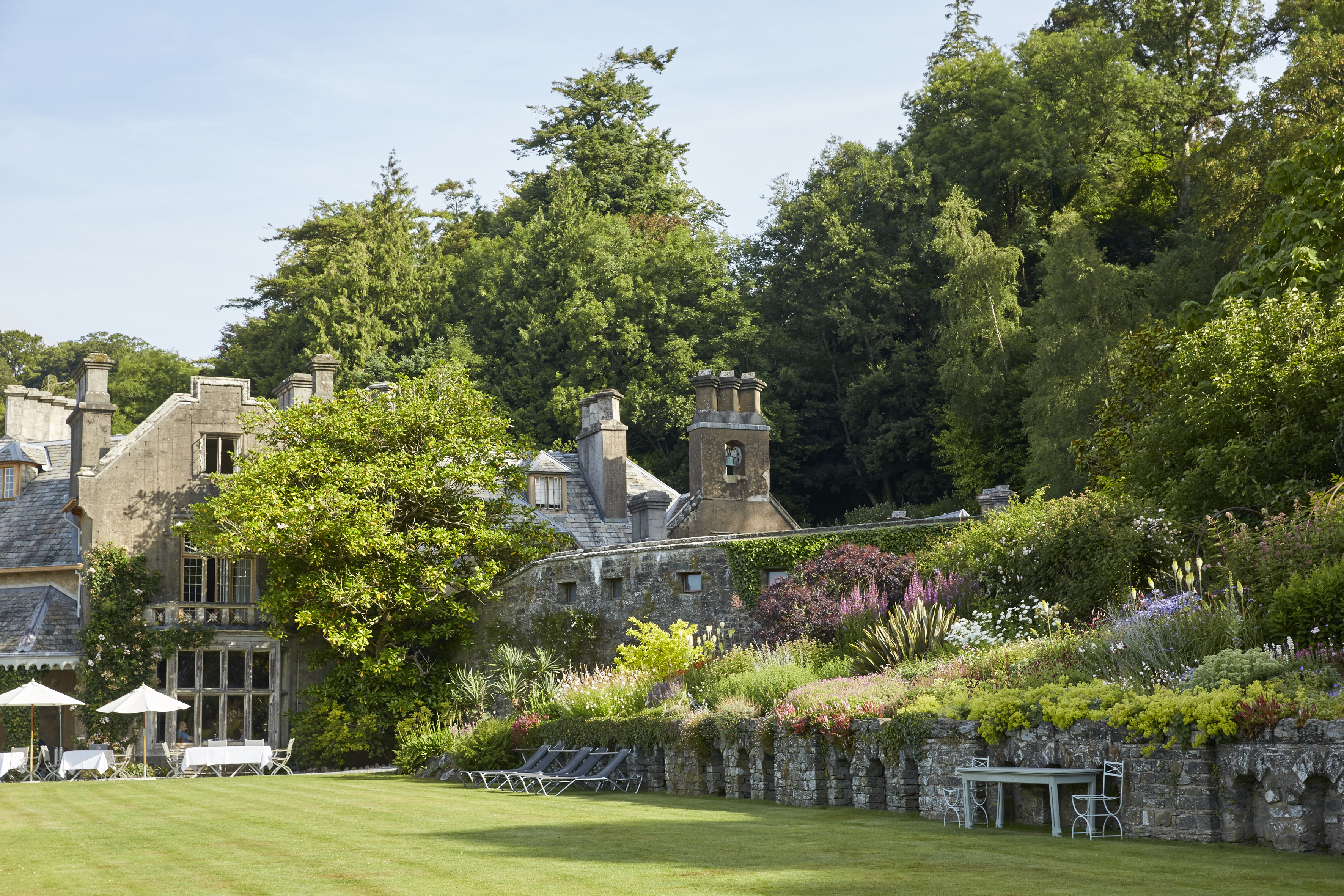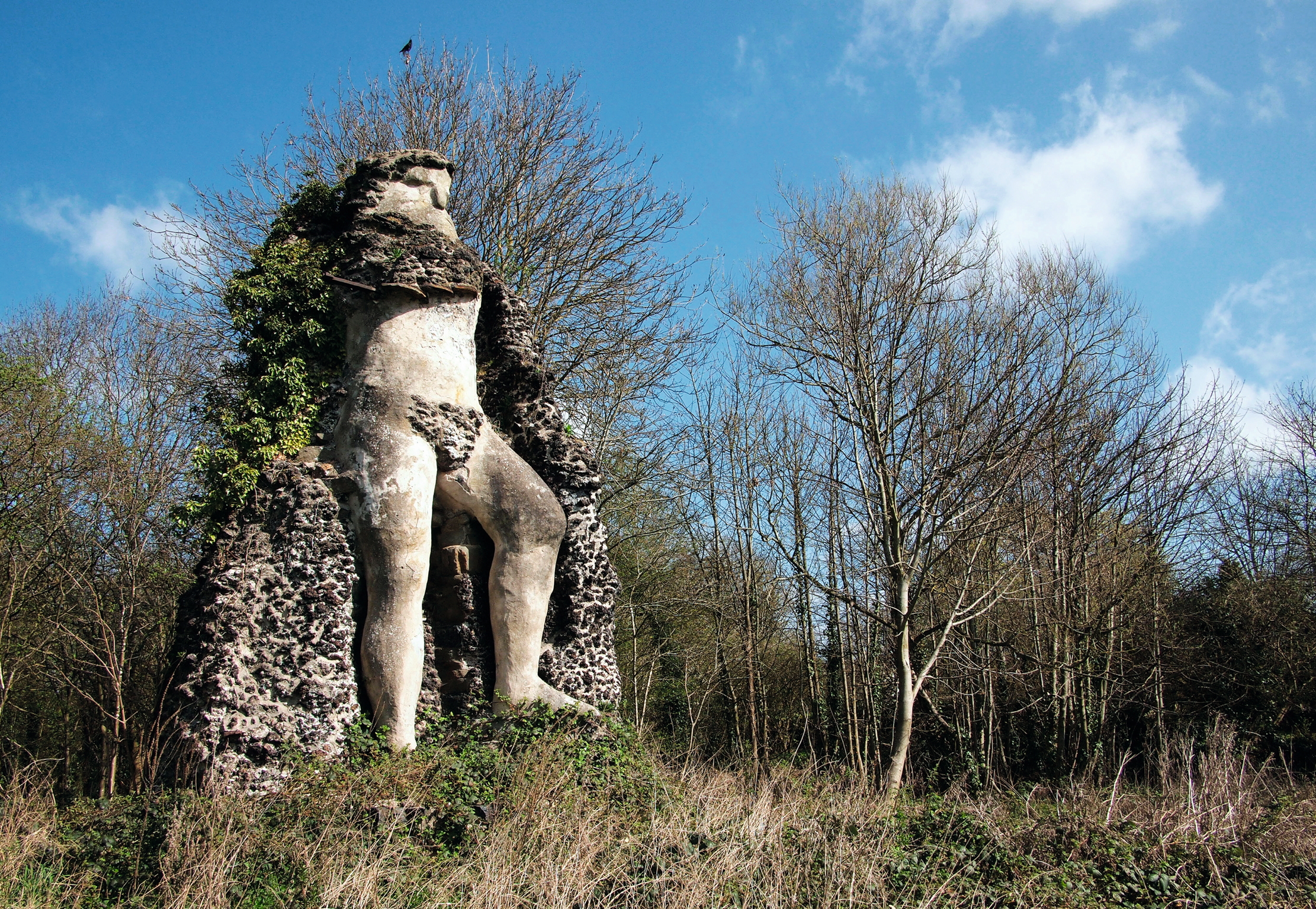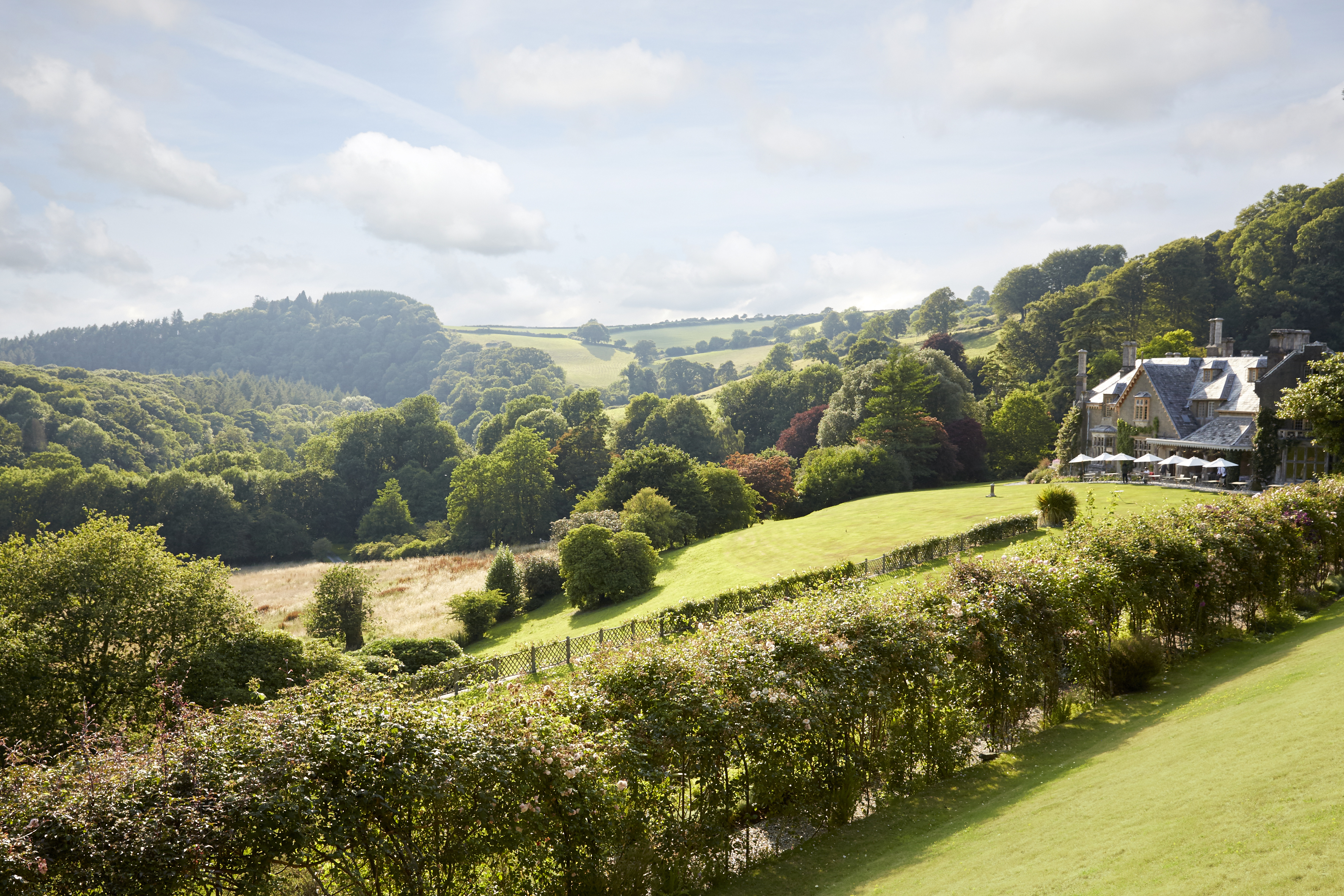Defanging the Gardens Trust will hurt our most precious landscapes
The Government has proposed to remove the Garden Trust's position as a statutory consultee in planning permissions for up to 1,700 historic landscapes and gardens in order to speed up building.


Exquisite houses, the beauty of Nature, and how to get the most from your life, straight to your inbox.
You are now subscribed
Your newsletter sign-up was successful
There is nothing so disappointing as the discovery that a favourite view has suddenly been despoiled: a line of radio masts has been added, a field of solar panels, a large modern house that’s been plopped onto the landscape.
Thankfully, however, this does not happen too often and much of that is attributable to The Gardens Trust, a key bulwark against unsuitable development. However, this role is now under threat following the Government’s proposal, announced earlier this year, to remove the charity’s position as a statutory consultee in planning permissions for up to 1,700 historic landscapes and gardens in order to speed up building. The trust has been fundraising to fight this proposal.

The Warmley Giant.
The Gardens Trust’s mission is largely carried out with minimal fanfare, yet, without its work conserving, researching and campaigning, some of Britain’s loveliest places might have been irreparably damaged. In the garden at Warmley in Gloucestershire, former home of the 18th-century Quaker industrialist William Champion, the trust helped block the expansion of a mobile-home park. This would have infringed upon the Warmley Giant, a statue of Neptune that is the country’s largest garden statue and its oldest concrete one.

In Endsleigh (above and main image) in Devon, it stopped the building of a holiday cottage that would have scarred the sightline of a Humphry Repton masterpiece. At Leeds Abbey in Kent, the local branch has been pushing for the safeguarding and restoration of the ‘regrettably unregistered’ Capability Brown landscape.
As a statutory consultee in the English planning system, currently the trust must be informed whenever a planning application might affect a garden or landscape under its remit. These include the 1,700 on Historic England’s Register of Historic Parks and Gardens meriting special historic interest. The charity is a protector against local authorities keen to push through changes and its role ensures that radical decisions are not taken without due consideration.
‘We don’t recognise ourselves in the Government’s characterisation of statutory consultees,’ reads a statement from the trust, which has recently supported, with some reservations, the Lawn Tennis Association’s plans for Wimbledon Park, London SW19. ‘We only rarely miss the 21-day response deadline and, last year, objected to less than 10% of our consultations, with the remainder of our responses being simply supportive advice… The Government claims these reforms will speed up housing delivery, but at what cost?
'Our expertise ensures that development is done sensitively, respecting all that these special places have to offer while still allowing for progress.’
Exquisite houses, the beauty of Nature, and how to get the most from your life, straight to your inbox.
Country Life is unlike any other magazine: the only glossy weekly on the newsstand and the only magazine that has been guest-edited by His Majesty The King not once, but twice. It is a celebration of modern rural life and all its diverse joys and pleasures — that was first published in Queen Victoria's Diamond Jubilee year. Our eclectic mixture of witty and informative content — from the most up-to-date property news and commentary and a coveted glimpse inside some of the UK's best houses and gardens, to gardening, the arts and interior design, written by experts in their field — still cannot be found in print or online, anywhere else.
